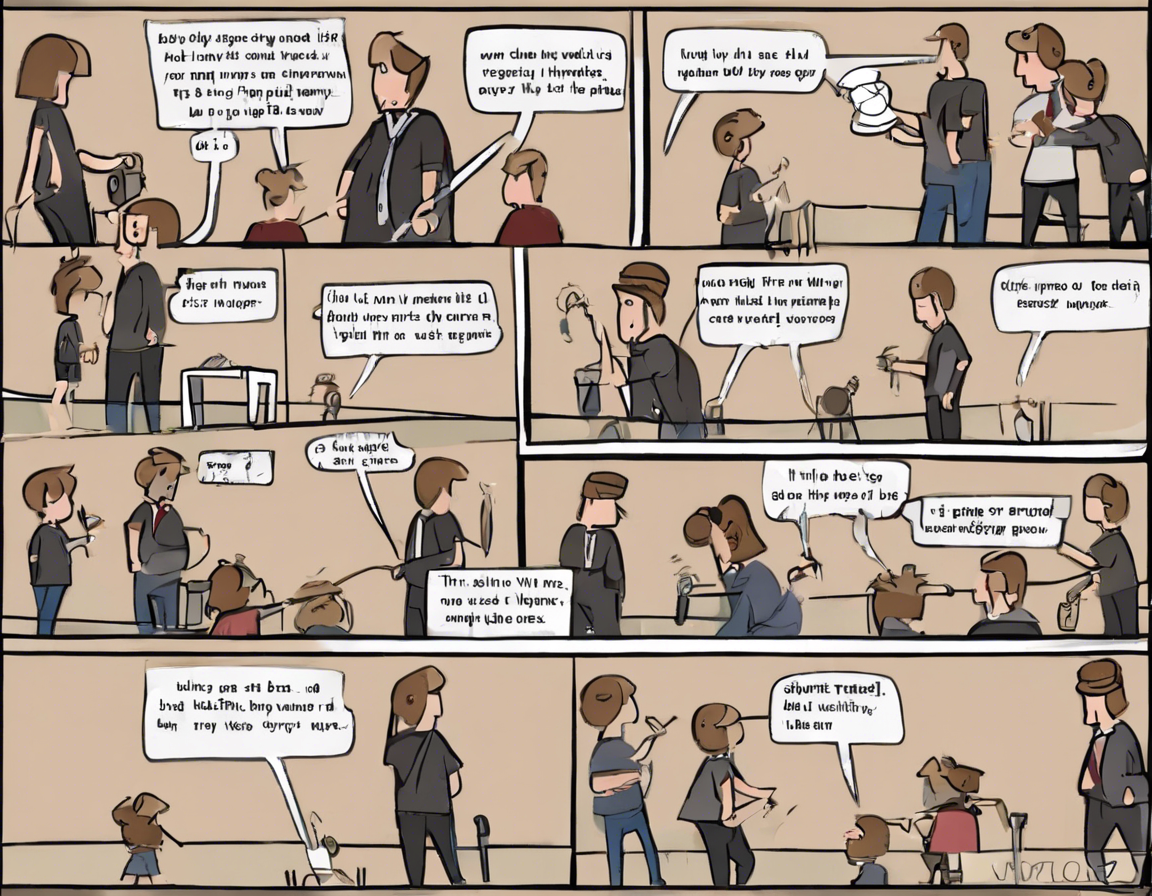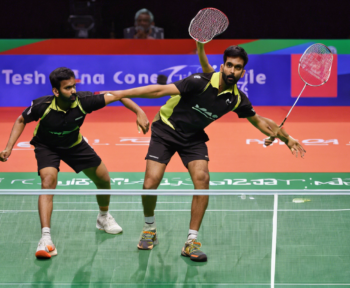In today’s society, there is no denying that the term “hoes” is commonly used, especially among young people. It has become a slang term that is often thrown around casually in conversation, music lyrics, social media, and pop culture. But what exactly does it mean, and more importantly, what impact does it have on boys and their perceptions of women?
Understanding the Term “Hoes”
The term “hoes” is a derogatory slang word used to refer to women who are perceived as promiscuous or sexually active. It is often used in a demeaning and objectifying manner, reducing women to nothing more than their sexual behavior. This term perpetuates harmful stereotypes and reinforces the idea that a woman’s worth is tied to her sexual activity.
Impact on Boys’ Perceptions
1. Normalization of Disrespect: By using the term “hoes” casually, boys may become desensitized to its derogatory nature. This normalization of disrespect towards women can lead to a lack of empathy and understanding towards the opposite gender.
2. Objectification of Women: Referring to women as “hoes” objectifies them, reducing their value to their sexual behavior. This can shape boys’ attitudes towards women, viewing them as objects for their own gratification rather than as equals with their own agency and autonomy.
3. Promotion of Toxic Masculinity: The use of derogatory terms like “hoes” can also reinforce toxic masculinity norms, where boys are taught to assert dominance and power over women. This toxic mindset can lead to disrespect, aggression, and even violence towards women.
Breaking the Cycle
It is essential to address the use of derogatory terms like “hoes” and educate boys on the harmful impact it can have on women and society as a whole. Here are some ways to break the cycle:
1. Promote Respectful Language: Encourage boys to use respectful language when referring to others, regardless of gender. Teach them the importance of treating everyone with dignity and kindness.
2. Challenge Stereotypes: Have open conversations about gender stereotypes and the negative effects of labeling women based on their sexual behavior. Encourage boys to question societal norms and think critically about the language they use.
3. Promote Empathy: Teach boys to empathize with others and consider how their words and actions may impact those around them. Encourage them to put themselves in someone else’s shoes and practice kindness and understanding.
Frequently Asked Questions (FAQs)
1. What is the origin of the term “hoes”?
The term “hoes” is believed to have originated from African American Vernacular English (AAVE) and has since been popularized in mainstream culture through music, movies, and social media.
2. How does the use of derogatory terms impact society?
The use of derogatory terms like “hoes” contributes to a culture of disrespect, objectification, and gender inequality. It perpetuates harmful stereotypes and can lead to real-world consequences such as discrimination and violence.
3. Is it possible to reclaim and redefine the term “hoes”?
While some may argue for reclaiming derogatory terms as a form of empowerment, it is important to consider the impact it may have on reinforcing negative stereotypes. It is crucial to challenge the language that perpetuates harm and promote respect and equality instead.
4. How can parents and educators address the issue of derogatory language with boys?
Parents and educators can start by having open and honest conversations with boys about the impact of derogatory language. They can provide education on gender equality, respect, and healthy relationships to help boys understand the importance of using positive language.
5. What role does media and pop culture play in perpetuating derogatory language?
Media and pop culture have a significant influence on shaping societal norms and attitudes. The portrayal of women in a derogatory manner in music, movies, and social media can normalize harmful language and behavior, contributing to the perpetuation of derogatory terms like “hoes.”
In conclusion, the use of derogatory terms like “hoes” has far-reaching implications on boys’ perceptions of women and society as a whole. It is crucial to address this issue, challenge harmful language, and promote respect and equality in all interactions. By educating boys on the impact of their words and actions, we can work towards a more inclusive and respectful society for all.



